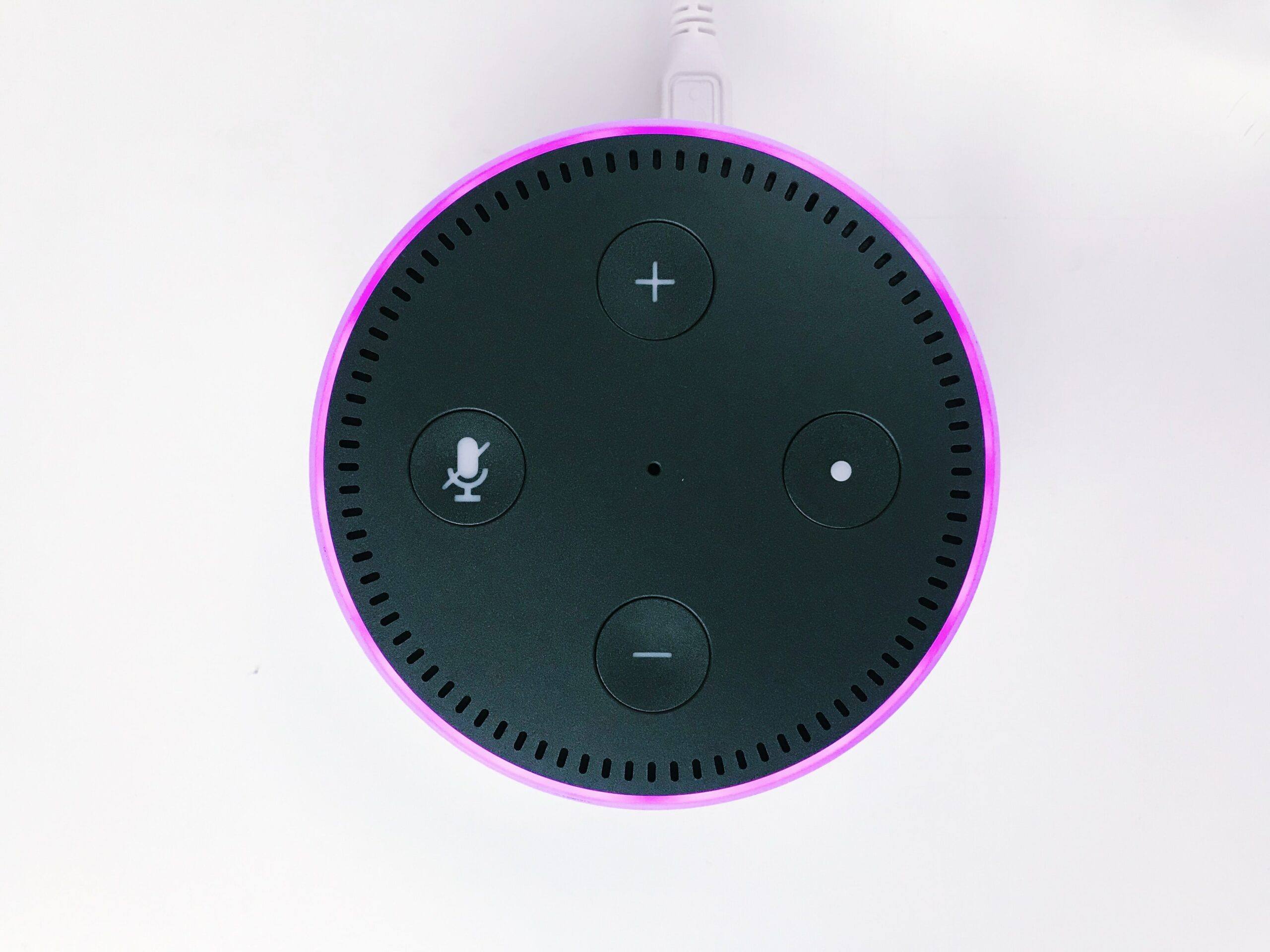More sustainable
By Rita Deutschbein | July 8, 2022 at 9:20 p.m
Amazon's packaging should be easier to recycle. For this reason, the online giant has announced that it will no longer put plastic air cushions in its packages. Instead, the German logistics centers rely on packing paper made from 100 percent recycled materials to protect deliveries from impact.
Amazon is committed to more plastic-free packaging in Germany
The new regulation for less plastic in packaging is part of the "Fulfillment by Amazon" (FBA) program and applies to deliveries that Amazon sends directly as well as to those that retailers offer via the platform. It is the next step in an offensive for more sustainability in Germany, as part of which Amazon already switched from packaging made of single-use plastic to shipping envelopes and bags made of paper in December 2021. The company is also trying to adapt the size of the outer packaging to the products in order to use less material overall.
"Easy-to-recycle packaging is important to customers – and it's important to us," said Olivier Pellegrini, director of customer delivery experience at Amazon. "The elimination of plastic air cushions is another step towards packaging that our customers can easily recycle at home."
Also read: A user boldly ripped off Amazon with returns
But there are still exceptions
For the time being, the new regulation only applies to deliveries from Germany. If a package comes from another European country, Amazon customers may still receive plastic packaging. The online retailer also mentions the following exceptions to the rule:
If a product comes in a suitable disposable plastic bag from the manufacturer, Amazon will also ship it to customers in the bag provided by the manufacturer. This avoids adding unnecessary extra packaging material. If a bag contains contents that could spill, Amazon may choose to add an outer layer of plastic packaging. Amazon can continue to use plastic filler such as bubble wrap if necessary, for example to seal fragile items such as glass protect. In certain weather conditions, Amazon may add an additional single-use plastic bag to the paper or cardboard packaging to protect orders placed at customers' doorsteps from moisture. Amazon has control over the packaging of items, which are sent directly from our own logistics centers. Both for products from Amazon itself and those from third parties who use the “Fulfillment by Amazon” service. In some cases, these selling partners also ship their products directly to customers. Then Amazon has no control over the selected outer packaging. Selling partners are encouraged to use more sustainable packaging options.
Also read: Amazon Trade-In – is the trade-in program worth it for old devices?
Amazon and the topic of sustainability
As much as Amazon has campaigned for more recyclable packaging in recent years, there is still criticism of some practices. There have been reports in the past that the group destroys returns. As early as 2018, the ZDF magazine Frontal21 reported that Amazon destroyed numerous products, including new goods, in both Germany and France. Criticism then hailed from all sides. But that obviously didn't help, since ARD's Panorama magazine also reported on similar incidents in 2021. The report was based on the discoveries of a Greenpeace employee who had infiltrated the Winsen logistics center.
Ralf Kleber, Country Manager Germany at Amazon, defended himself against the allegations to the Handelsblatt at the time. He pointed out that most of the destroyed products came from third-party sellers, but not directly from Amazon. "With the goods that belong to us, this proportion is in the per thousand range". Amazon would only dispose of things “that are no longer allowed to be sold for reasons of hygiene or product liability”.
Here you will find content from Youtube
In order to interact with or display content from social networks, we need your consent.
For small companies, however, the donation option is not always easy, since in Germany, according to the law, you have to pay sales tax on donations in kind. Such donations quickly become expensive and uneconomical for companies.



